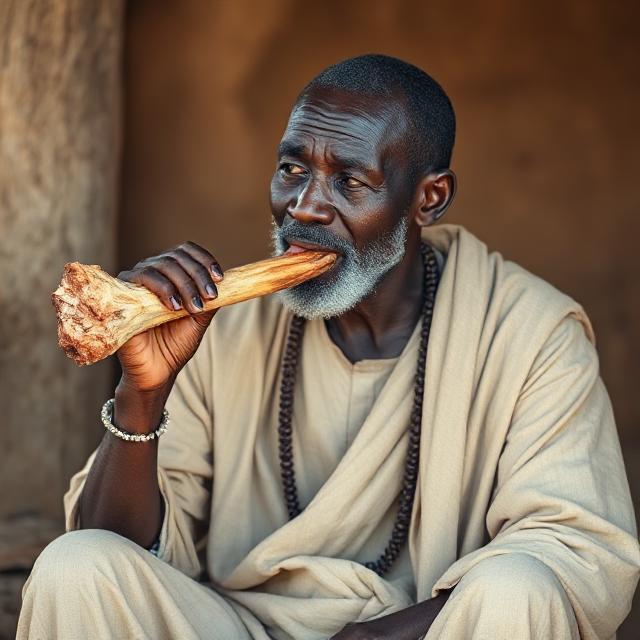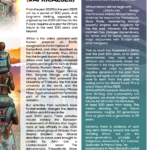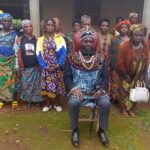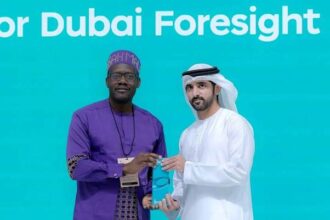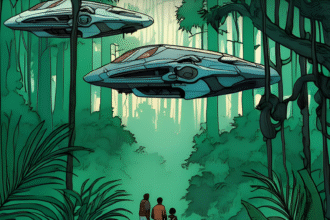by Nsah Mala*
In our world of escalating and intersecting polycrisis, the necessity to pursue planetary wellbeing and safeguard the interests of future generations has never been more urgent.
That is why the UN Declaration on Future Generations calls for long-term thinking and intergenerational fairness in everything we do today in all spheres of life.
So far, cathedral thinking, foresight practices, and the indigenous principle of seven generations are some of the leading concepts and approaches in this area.
And I want to complement them with an indigenous concept from my native Mbessa Kingdom in Cameroon.
A story first.
One of my elder brothers is often quite impatient.
In my adolescence, one day a distant relative noticed his impatience and addressed him in the form of a proverbial joke.
“Mbi ne nkein avef ghese lum shule kase lem, gvak yein chi gi kfen avef atein.” (MBESSA)
Something along these lines: “The world was bone which we used to lick and preserve, but your generation has come and broken the bone for its marrow.”
This indigenous Mbessa proverb is profoundly meaningful.
It speaks to the sacrifices we must make for posterity.
It calls us to a spirit of caring and sharing beyond time and relationships. And it reminds us not of resources but of commons.
In other words, when we lick our bone and preserve it, we are thinking about others and tomorrow. A summary of sustainability.
And when we break our bone to eat its marrow, we are greedy and shortsighted. Agents of destruction.
In everything we do today, from business to politics to war and beyond, how do we want future generations to remember us?
The answer is simple: either we shall be blamed for breaking bones or we shall be venerated and appreciated for licking and preserving bones for others.
This is a clear demarcation between the bad and the good ancestors!
#FutureGenerations#Sustainability#Polycrisis#IndigenousKnowledge#PactfortheFuture#IntergenerationalFairness#GoodAncestor#Foresight#Futures#LongtermThinking#AnticipatoryGovernance#PlanetaryWellbeing#Indigenous
NOTE: First published on Facebook and LinkedIn on 29 May 2025.
